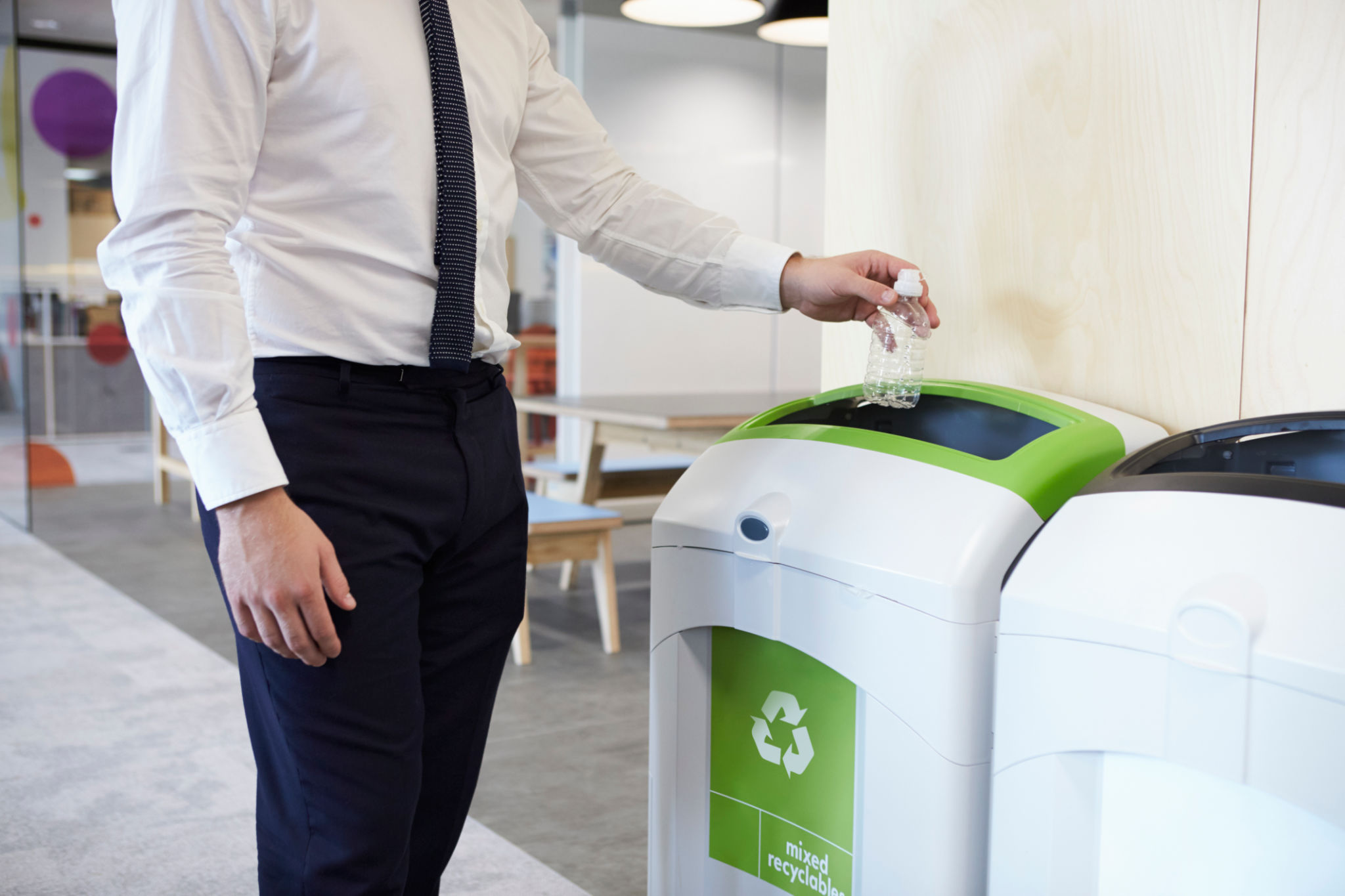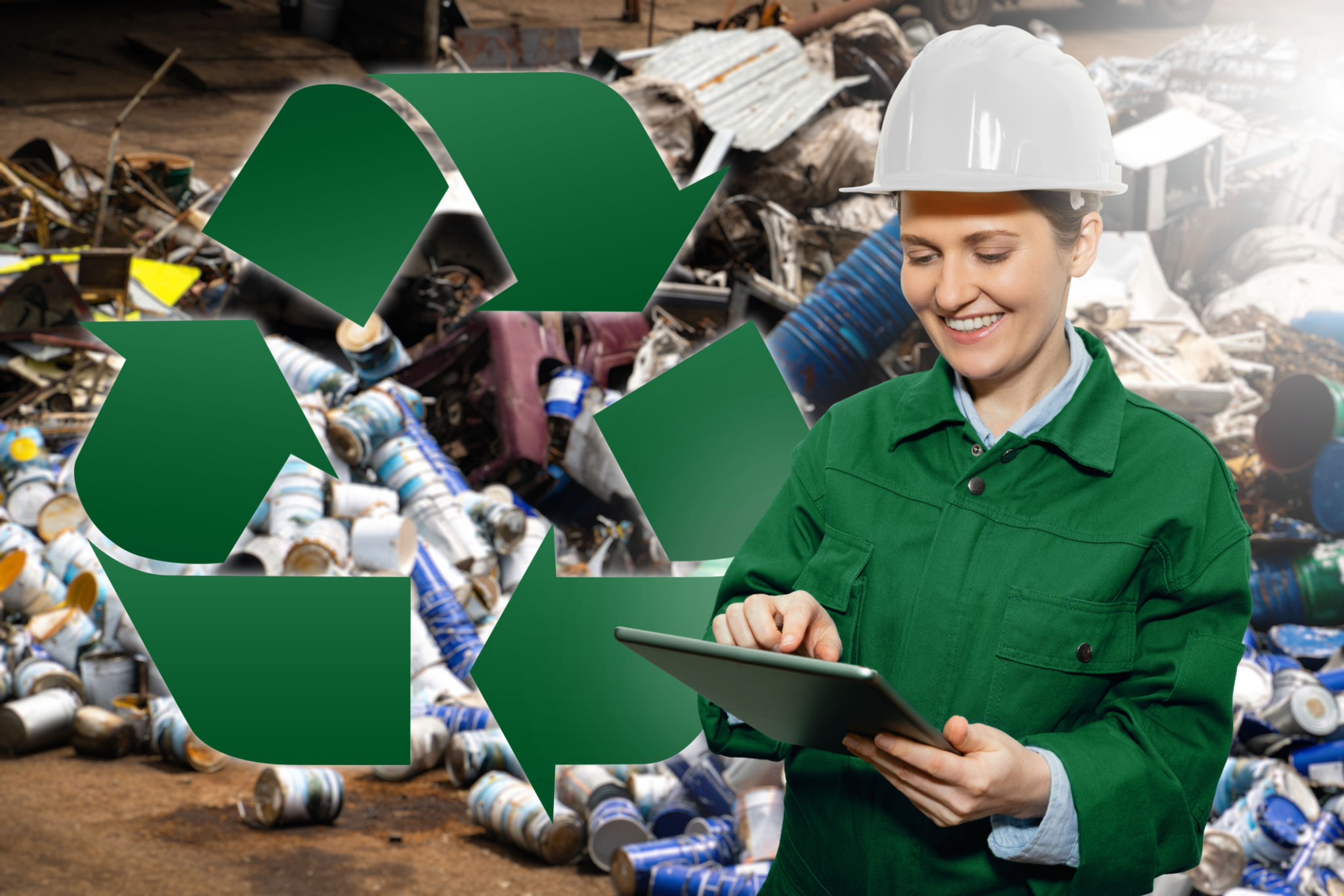Latest Recycling Practices for Commercial Businesses in the UK
JG
Understanding the Importance of Recycling for Commercial Businesses
In today's environmentally conscious world, recycling has become a crucial practice for businesses aiming to reduce their carbon footprint and contribute to a sustainable future. Commercial businesses in the UK are increasingly adopting innovative recycling methods to manage waste effectively. These efforts not only help in preserving the environment but also enhance a company’s reputation among eco-aware consumers.
Recycling is not just a trend; it's a responsibility that businesses must undertake. By implementing effective recycling practices, companies can significantly cut down on waste production and promote environmental sustainability. Moreover, businesses that prioritize recycling often experience cost savings and improved operational efficiency.

Advanced Waste Segregation Techniques
One of the latest trends in commercial recycling is the implementation of sophisticated waste segregation techniques. These methods involve categorizing waste into different types, such as paper, plastic, glass, and metals, at the source. By doing so, businesses can ensure that recyclable materials are not contaminated and can be efficiently processed by recycling facilities.
Some companies are introducing color-coded bins and automated waste sorting systems. These systems help employees easily distinguish between various waste types, streamlining the recycling process. The use of technology in waste segregation not only improves accuracy but also saves time and resources.
Partnerships with Recycling Companies
Many UK businesses are forming partnerships with specialized recycling companies to enhance their waste management practices. These partnerships allow businesses to benefit from expert advice and services tailored to their specific needs. Recycling companies can provide regular waste audits, collection services, and training sessions for employees to maximize recycling efforts.

By collaborating with experienced recyclers, businesses can stay updated with the latest regulations and innovations in the recycling industry. This cooperation ensures that waste is handled responsibly and in compliance with environmental standards.
Incentivizing Recycling Among Employees
Encouraging employees to participate in recycling initiatives is essential for successful waste management. Businesses are increasingly implementing incentive programs to motivate their workforce. These programs may include rewards for teams or departments that achieve recycling targets or competitions to promote creative recycling ideas.
In addition to incentives, businesses are investing in educational programs that raise awareness about the importance of recycling. Workshops, seminars, and informational materials can empower employees to adopt sustainable practices both at work and in their personal lives.

Integrating Technology into Recycling Practices
Technology plays a significant role in revolutionizing recycling practices for commercial businesses. From smart bins equipped with sensors that signal when they need emptying, to apps that track waste production and recycling rates, technology provides valuable data to enhance efficiency and accountability.
Businesses are also exploring blockchain technology to track the lifecycle of recyclable materials. This level of transparency ensures that recyclables are processed responsibly and helps build trust with consumers who value sustainability.
Looking Ahead: The Future of Commercial Recycling
The future of commercial recycling in the UK looks promising as more businesses commit to sustainable practices. Innovations such as biodegradable packaging, zero-waste initiatives, and circular economy models are set to become more prevalent.
As regulations continue to tighten around waste management, businesses must remain proactive and adaptive. By staying informed about the latest trends and technologies in recycling, companies can lead the way toward a cleaner, more sustainable future.